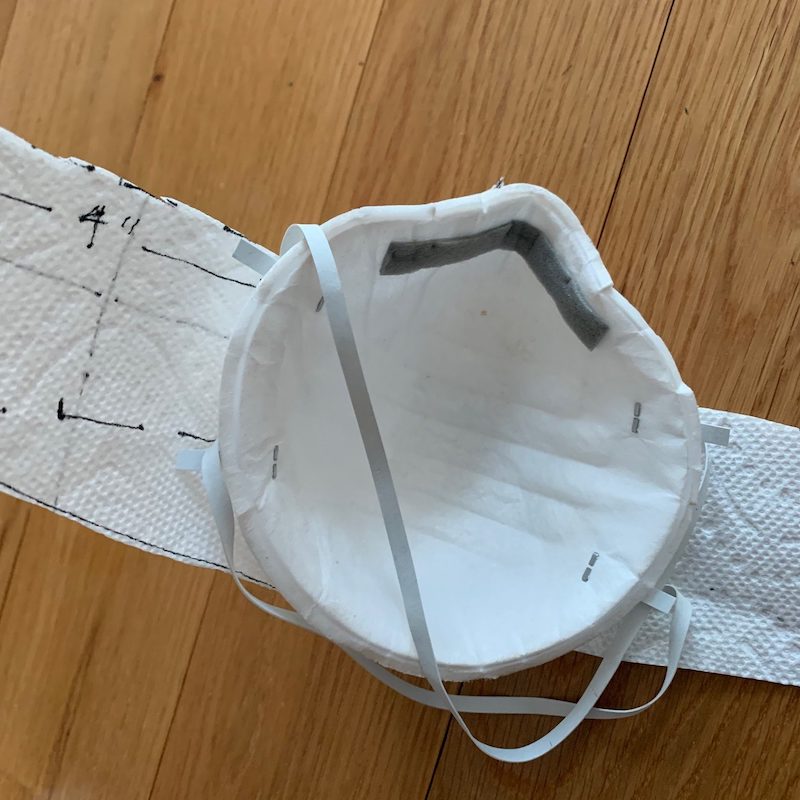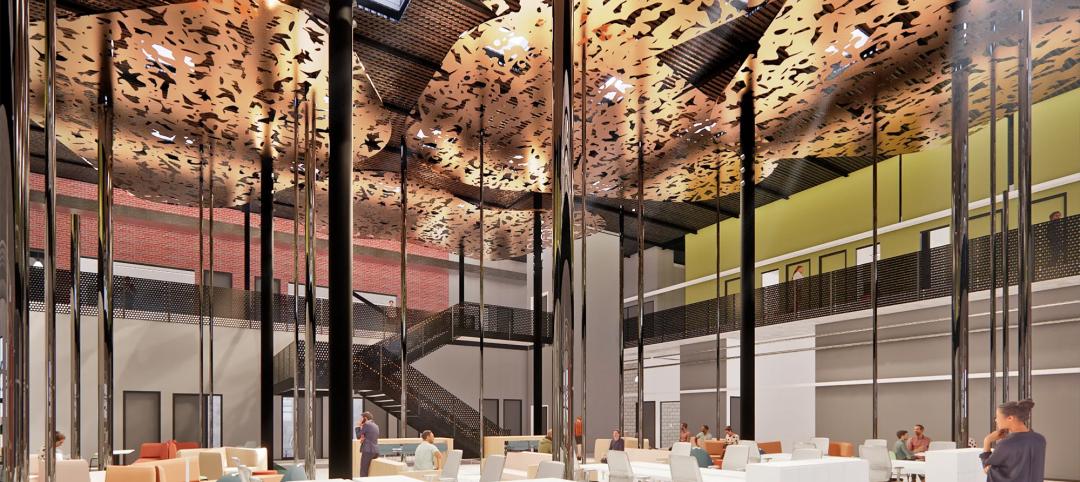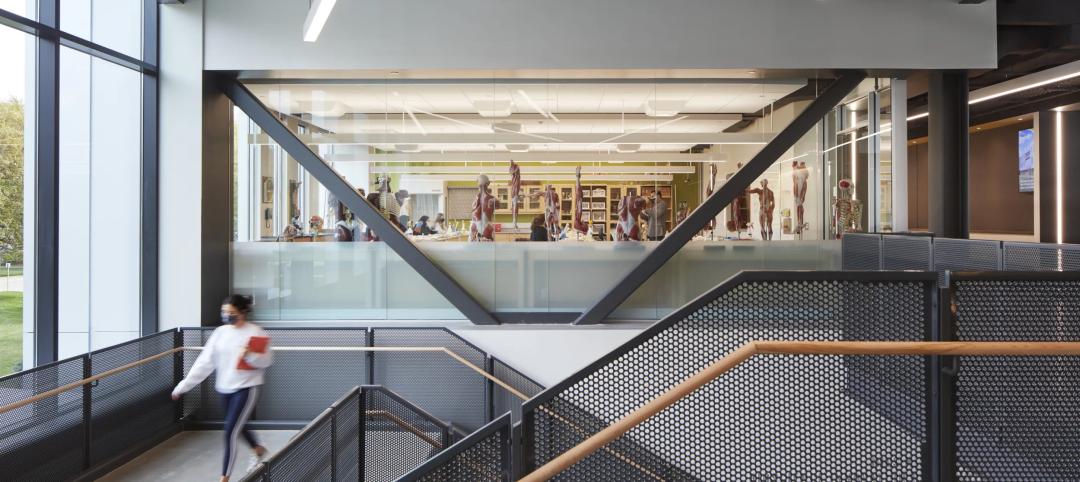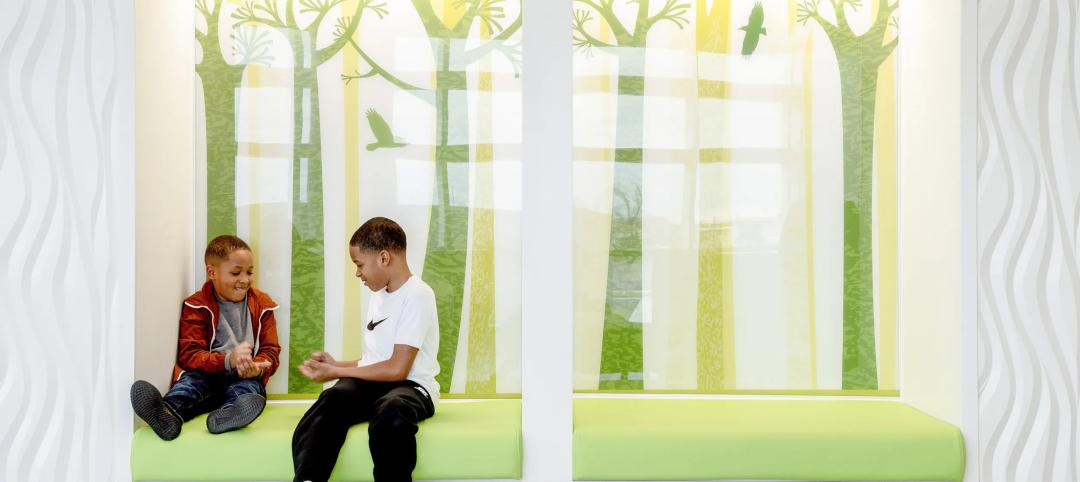In the last week, as I’ve worked around the clock with a cross-disciplinary group of designers and academics to develop an effective crowd-sourced DIY face mask, a lot of my smart friends (including a respected epidemiologist in the family) have asked me, “Why are you making homemade face masks if they won’t work.”
This is an important question. Whether you are casually skimming the headlines of recent articles or diving deep into the academic studies, the topline scientific conclusion is pretty clear: Cloth masks do very little to stop the virus. So, yes, we all agree the only real solution is to ramp up production and distribution of N95 masks and other vital PPE’s until they are immediately and ubiquitously available to all health care workers everywhere from the frontline nurse at a major urban hospital to the cleaning staff at a rural clinic… That’s the solution.
But, until we reach that point, DIY masks can have positive impact. Here are three reasons to encourage sewists coast to coast to keep their foot on the pedal (sorry for the pun).
1. Let’s just agree to call it a “cloth N95 protector.” The reality on the ground is many health care workers are being asked to wear their limited supply of N95 masks for an entire shift, sometimes multiple days in a row. A proper DIY face mask pattern follows the “bra cup” shape, which allows it to fit snugly over an N95 mask.
Health care workers are using these to extend the life of their masks in the field. So, if it keeps the online commentators from constantly reminding us that it doesn’t stop a virus, let’s just rebrand it.
2. Leave room for a HEPA filter. A well-designed cloth face mask has some type of wire nose closure and an open pocket to insert something like a HEPA filter. Because this is – still – an emerging crisis, the material most effective to use in these pockets is still murky. But there are experts working on this question now, and DIY’ers should follow this best practice.
3. It may not keep the virus out, but it might keep your sneeze in. While the science is clear the cloth mask is pretty ineffective at stopping airborne particles, there seems to be at least anecdotal evidence that it might help when worn by an infected person. If true, this could be particularly important in a case where many infected don’t know they are infected — including an increasing number of healthcare workers.
So, keep sewing, but try to connect with a community of experts who can advise you on current best practices for mask design; protocols for infection control; and the local healthcare community needs and logistics of delivery.
More from Author
CannonDesign | Sep 20, 2024
The growing moral responsibility of designing for shade
Elliot Glassman, AIA, NCARB, LEED AP BD+C, CPHD, Building Performance Leader, CannonDesign, makes the argument for architects to consider better shade solutions through these four strategies.
CannonDesign | Jan 3, 2024
Designing better built environments for a neurodiverse world
For most of human history, design has mostly considered “typical users” who are fully able-bodied without clinical or emotional disabilities. The problem with this approach is that it offers a limited perspective on how space can positively or negatively influence someone based on their physical, mental, and sensory abilities.
CannonDesign | Oct 23, 2023
Former munitions plant reimagined as net-zero federal workplace
The General Services Administration (GSA) has embraced adaptive reuse with Building 48, an exciting workplace project that sets new precedents for how the federal government will approach sustainable design.
CannonDesign | Aug 22, 2023
How boldly uniting divergent disciplines boosts students’ career viability
CannonDesign's Charles Smith and Patricia Bou argue that spaces designed for interdisciplinary learning will help fuel a strong, resilient generation of students in an ever-changing economy.
CannonDesign | Jul 10, 2023
The latest pediatric design solutions for our tiniest patients
Pediatric design leaders Julia Jude and Kristie Alexander share several of CannonDesign's latest pediatric projects.
CannonDesign | May 11, 2023
Let's build toward a circular economy
Eric Corey Freed, Director of Sustainability, CannonDesign, discusses the values of well-designed, regenerative buildings.
CannonDesign | Apr 10, 2023
4 ways designers can help chief heat officers reduce climate change risks
Eric Corey Freed, Director of Sustainability, CannonDesign, shares how established designers and recently-emerged chief heat officers (CHO) can collaborate on solutions for alleviating climate change risks.
CannonDesign | Mar 9, 2023
5 laboratory design choices that accelerate scientific discovery
Stephen Blair, director of CannonDesign's Science & Technology Practice, identifies five important design strategies to make the most out of our research laboratories.
CannonDesign | Feb 9, 2023
3 ways building design can elevate bold thinking and entrepreneurial cultures
Mehrdad Yazdani of CannonDesign shares how the visionary design of a University of Utah building can be applied to other building types.
CannonDesign | Jan 9, 2023
How modular solutions can help address skyrocketing construction costs
Modular builder Joshua Mensinger details three ways modular solutions aid in lowering construction costs.
















